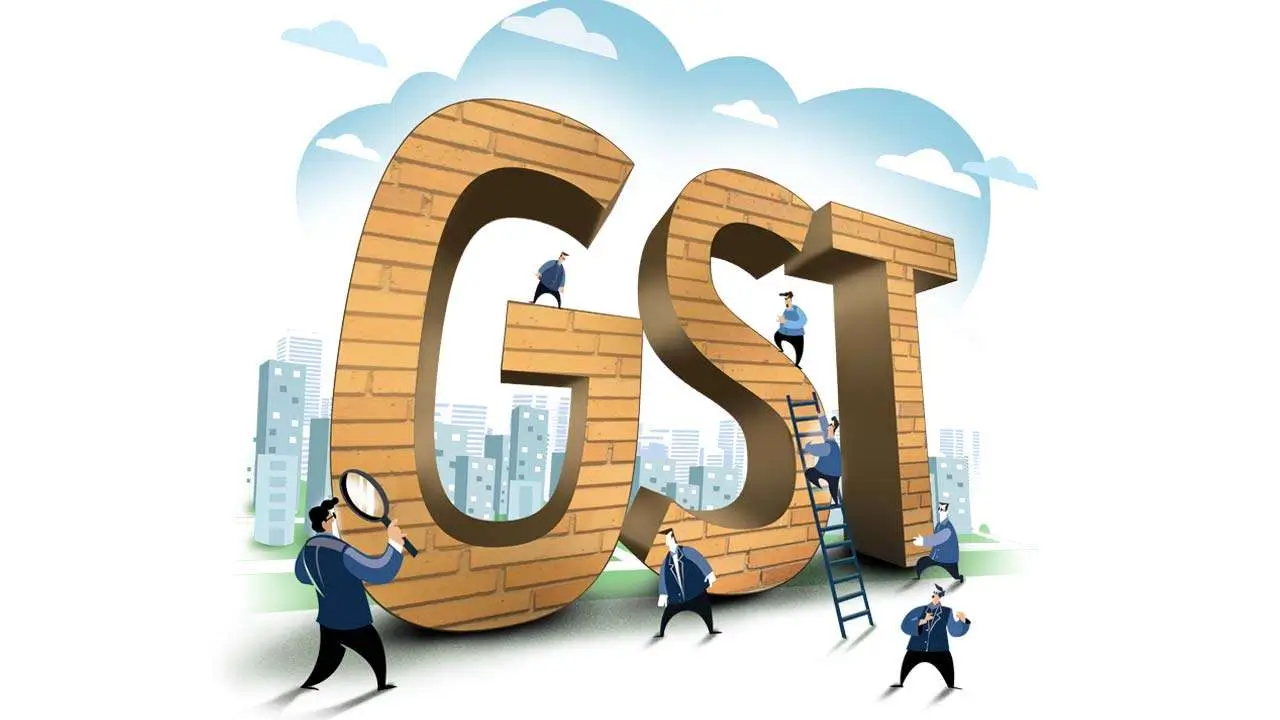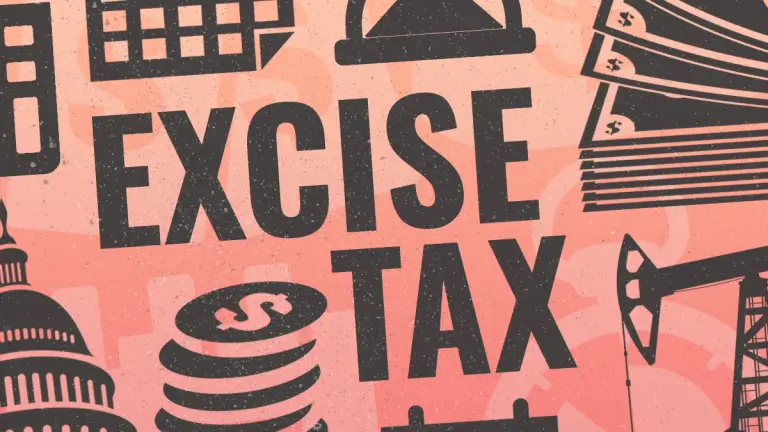
The United Indian

Taxation system in India is a comprehensive framework designed to support the nation's economic infrastructure. It consists of various direct and indirect taxes, each with specific purposes and impacts on individuals and businesses. The Indian taxation system, though robust, can seem complex at first glance.
As a responsible citizen, understanding how taxes work and how they affect your financial life is essential. But fret not, fellow taxpayers! This blog is your one-stop guide to understanding the different types of taxes, remembering your obligations, and even exploring some smart ways to save on your income tax burden.
Understanding the Two Pillars: Direct vs. Indirect Taxes
The Indian tax system rests on two main pillars: direct taxes and indirect taxes.
Direct Taxes
The direct taxes in India are levied directly on the income or wealth of individuals and organizations. The most common types include income tax, which individuals and businesses pay on their earnings, and corporate tax, imposed on company profits. Other forms include capital gains tax on the sale of assets and wealth tax (though currently abolished). These taxes are progressive, meaning higher income earners pay a higher rate. Direct taxes are administered by the Central Board of Direct Taxes (CBDT) and play a crucial role in the country's revenue generation, funding public services and infrastructure development. You pay them to the government based on your tax bracket.
Decoding the Direct Tax Regime
The most prominent direct tax is Income Tax, levied on your annual income. Here's a breakdown of the tax brackets and rates for individuals for the Assessment Year 2024-25 (Income earned in Financial Year 2023-24):
|
Income Slab (₹) |
Tax Rate (%) |
|
Up to Rs. 3,00,000 |
Nil |
|
Rs. 300,001 to Rs. 6,00,000 |
5% (Tax Rebate u/s 87A) |
|
Rs. 6,00,001 to Rs. 900,000 |
10% (Tax Rebate u/s 87A up to Rs 7 lakh) |
|
Rs. 9,00,001 to Rs. 12,00,000 |
15 % |
|
Rs. 12,00,001 to Rs. 15,00,000 |
20 % |
|
Above Rs. 15,00,000 |
30 % |
Data Source : https://groww.in/p/tax/income-tax-slab
Indirect Taxes
The indirect taxes in India are levied on the goods and services you consume. They are usually embedded in the price you pay and collected by sellers who then deposit them with the government. Examples include Goods and Services Tax (GST), customs duty, and excise duty.
Goods and Services Tax (GST)
GST is a comprehensive tax levied on the supply of goods and services. It has subsumed multiple indirect taxes like VAT, service tax, and excise duty.
GST Slab Rates:
- 0%: Essential items such as food grains
- 5%: Basic goods and services
- 12%: Standard goods and services
- 18%: Standard goods and services (most items fall under this category)
- 28%: Luxury items and sin goods (such as tobacco and luxury cars)
Custom Duty
Custom duty in India is one of the types of taxes in India imposed on goods imported into the country. It is designed to protect domestic industries, regulate the flow of goods, and generate revenue for the government. The rates of custom duty vary based on the type of product and its value, with essential goods often having lower rates compared to luxury items. Importers are required to pay this duty before their goods can clear customs and enter the Indian market. Custom duty includes various components such as Basic Customs Duty (BCD), Additional Customs Duty (ACD), and Special Additional Duty (SAD), each serving specific purposes in the taxation framework.
Excise Duty
According to the taxation system in India, Excise duty in India is a tax levied on the manufacture of goods within the country. It primarily targets specific goods like alcohol, tobacco, and petroleum products. This duty is imposed at the time of production and is typically included in the price of the product. Manufacturers are responsible for paying excise duty, which is then passed on to consumers. The aim of excise duty is to generate revenue for the government, regulate the production of certain goods, and discourage the consumption of harmful products. The Central Board of Indirect Taxes and Customs (CBIC) oversees the administration and collection of excise duties in India.
Why Paying Taxes Matters As a Citizen ?
The taxation system in India plays a crucial role in supporting and enhancing citizens' quality of life through various public services and initiatives. By contributing to the government's revenue, taxes fund essential services such as public safety, education, and healthcare. They enable the maintenance and development of infrastructure like roads, bridges, and public transportation systems, which are vital for economic growth and daily life. Taxes also support social welfare programs that assist vulnerable populations, including the elderly, disabled, and low-income families. National defense, environmental protection, and cultural institutions all rely on tax funding to operate effectively. Moreover, taxes serve as a tool for wealth redistribution, helping to reduce income inequality and provide a social safety net. They can also influence behavior through incentives and disincentives, encouraging actions that benefit society as a whole. Government administration, including courts and regulatory agencies, depends on tax revenue to function properly and ensure a well-organized society. In essence, taxes are an investment in the collective well-being of a nation, fostering economic development, social progress, and a higher standard of living for all citizens.
Key Points to Remember as a Taxpayer
- Understand the Due Dates: Ensure you know the deadlines for filing your income tax returns and paying dues for other different types of taxes.
- Keep Accurate Records: Maintain detailed records of all your income sources, investments, and expenses. This will help in accurately filing your returns and availing deductions.
- Form 16: Collect Form 16 from your employer, which is essential for filing your income tax return.
- Section 80C Deductions: Maximize your deductions under Section 80C, which includes investments in PPF, EPF, LIC premiums, and more, up to ₹1.5 lakh.
- Home Loan Benefits: Avail deductions on interest paid on home loans under Section 24 and principal repayment under Section 80C.
- Health Insurance: Deduct health insurance premiums under Section 80D, with limits varying based on the age of the insured.
- Tax-Saving Investments: Invest in tax-saving instruments like ELSS, NSC, and fixed deposits to reduce your taxable income.
- Advance Tax Payments: If you have substantial income from sources other than salary, ensure timely payment of advance taxes to avoid penalties. This also comes under direct tax in India.
Tips to Save on Income Tax
- Utilize Section 80C Fully: Invest in PPF, NSC, ELSS, and other eligible instruments to take full advantage of the ₹1.5 lakh deduction limit.
- Health Insurance Deduction: Claim deductions under Section 80D for premiums paid towards health insurance policies for yourself and your family.
- Education Loan Interest: Deduct the interest paid on education loans under Section 80E.
- House Rent Allowance (HRA): If you are paying rent, make sure to claim HRA exemption, which can significantly reduce your taxable income. This can save you from the direct tax in India on income.
- Leave Travel Allowance (LTA): Utilize LTA exemptions for travel within India with your family.
- Home Loan Interest: Deduct interest paid on home loans up to ₹2 lakh under Section 24(b).
- Charitable Donations: Donations to specified charitable organizations can be deducted under Section 80G.
- NPS Contributions: Invest in the National Pension System to claim additional deductions under Section 80CCD(1B).
Conclusion
Understanding the taxation system in India is crucial for every taxpayer. By being aware of the various taxes, slab rates, and available deductions, you can effectively manage your tax liability and make informed financial decisions. Remember, July 31st is the last date for filing your income tax returns for most individuals. Don't wait until the last moment – start gathering your documents and consult with your Chartered Accountant to ensure timely and accurate filing of your returns.
To file your income tax return online, visit the official Income Tax Department's e-filing portal at https://www.incometax.gov.in/iec/foportal/.
This user-friendly platform allows you to submit your returns, check your tax status, and access various tax-related services.
By staying informed and proactive about the different types of taxes in India and your tax obligations, you not only contribute to the nation's development but also ensure your own financial well-being. Remember, tax planning is an ongoing process, so start early and make the most of the available tax-saving options to optimize your financial portfolio.
Read more in Economy
Jun 24, 2025
TUI Staff
Jun 22, 2025
TUI Staff

Stay Tuned with The United Indian!
Our news blog is dedicated to sharing valuable and pertinent content for Indian citizens. Our blog news covering a wide range of categories including technology, environment, government & economy ensures that you stay informed about the topics that matter most. Follow The United Indian to never miss out on the latest trending news in India.
©The United Indian 2024















